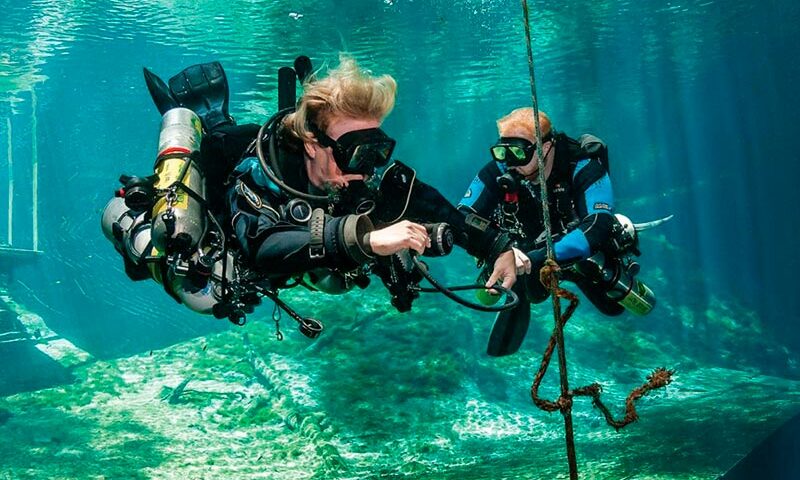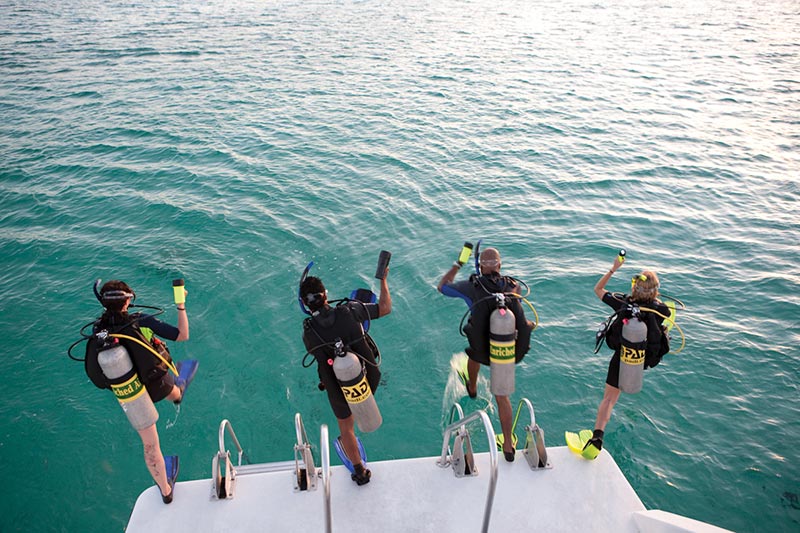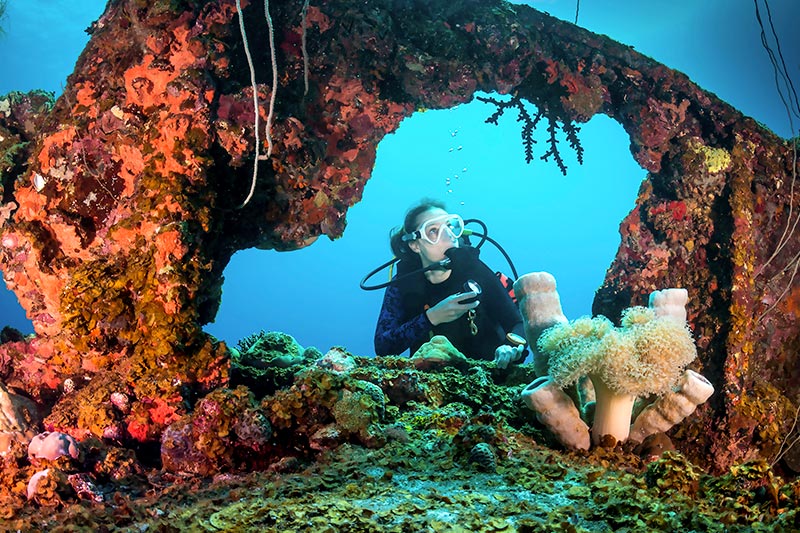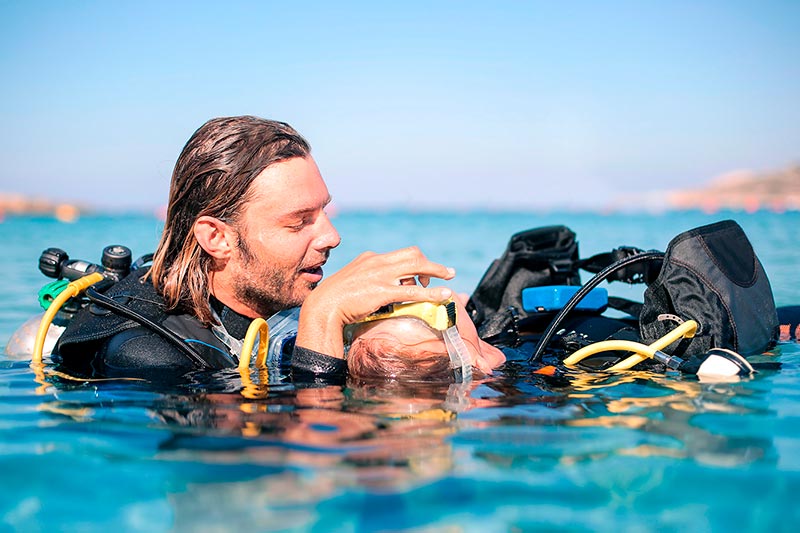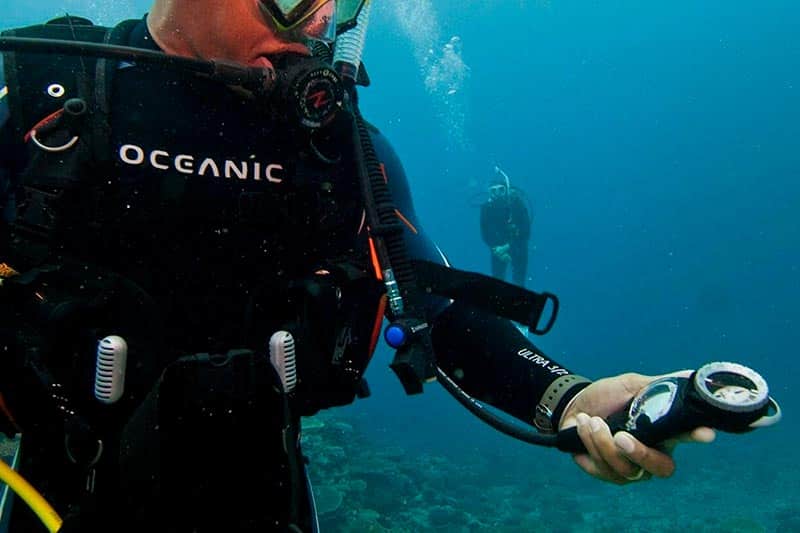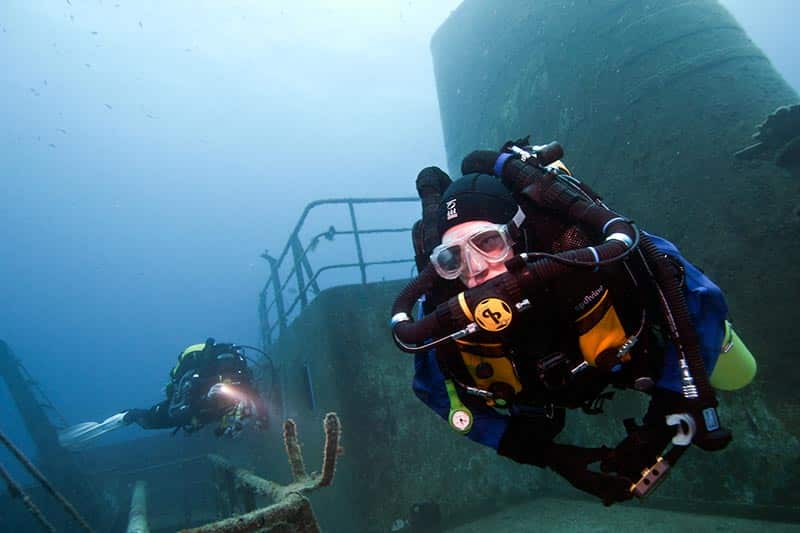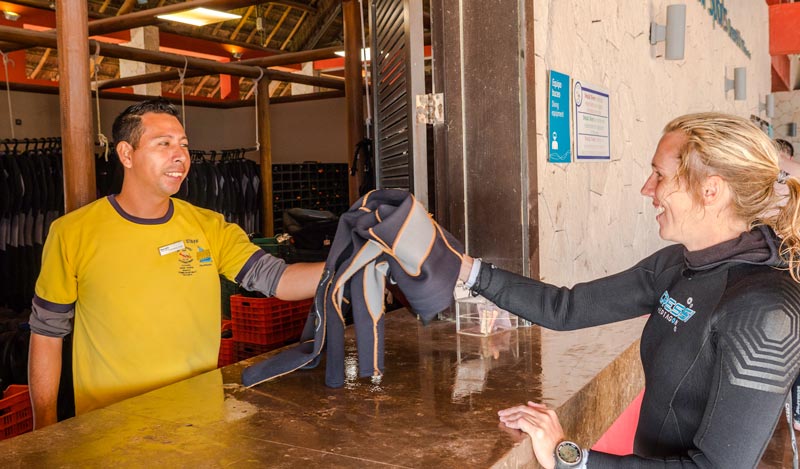Becoming a certified PADI Advanced Open Water Diver is an exciting milestone in your scuba diving journey. Not only does it signify your proficiency in diving techniques, but it also opens the door to exploring a range of PADI specialty courses. These PADI specialties provide a unique opportunity to delve deeper into specific areas of interest within the underwater realm.
There are two essential PADI dive specialties that are crucial for any aspiring Advanced Diver: the PADI Deep Diver Specialty Course and the Underwater Navigation Course.
As part of the Advanced Diver certification requirements, you will be expected to complete at least one deep dive and a navigation dive. However, by undertaking the Deep Diver Specialty Course beforehand, you can fulfill this requirement while simultaneously gaining valuable knowledge and experience. This course equips you with the skills necessary to confidently explore greater depths, unveiling a whole new world of marine wonders.
Another PADI specialty that complements your Advanced Diver certification is the Underwater Navigation Course. As the name suggests, this course focuses on honing your navigational skills underwater. By undertaking these PADI specialty courses prior to obtaining your certification, you eliminate the need to repeat navigation dives later on.
However, there are many more specialties to explore. In this article, we will thoroughly examine the most popular PADI specialty courses. Take a look at the table of contents below.




